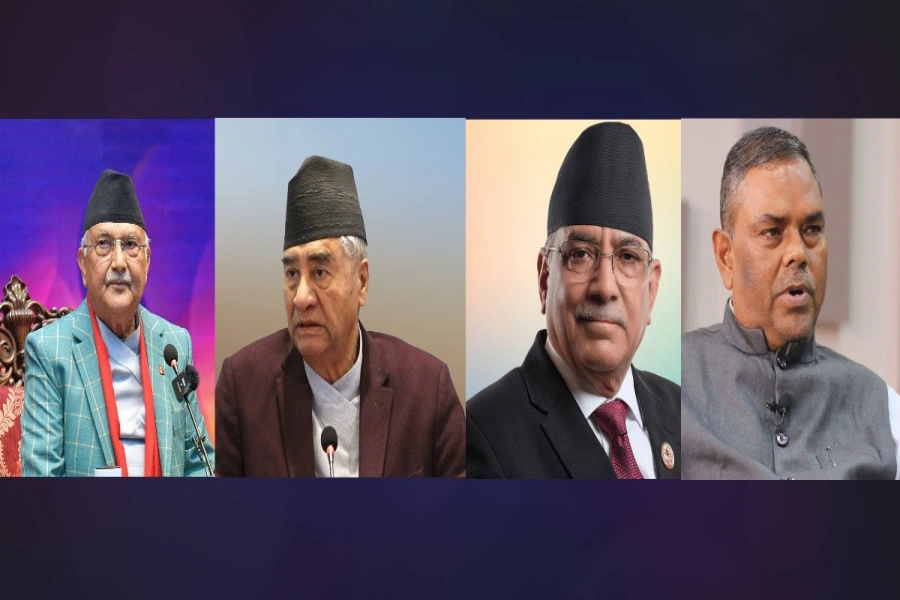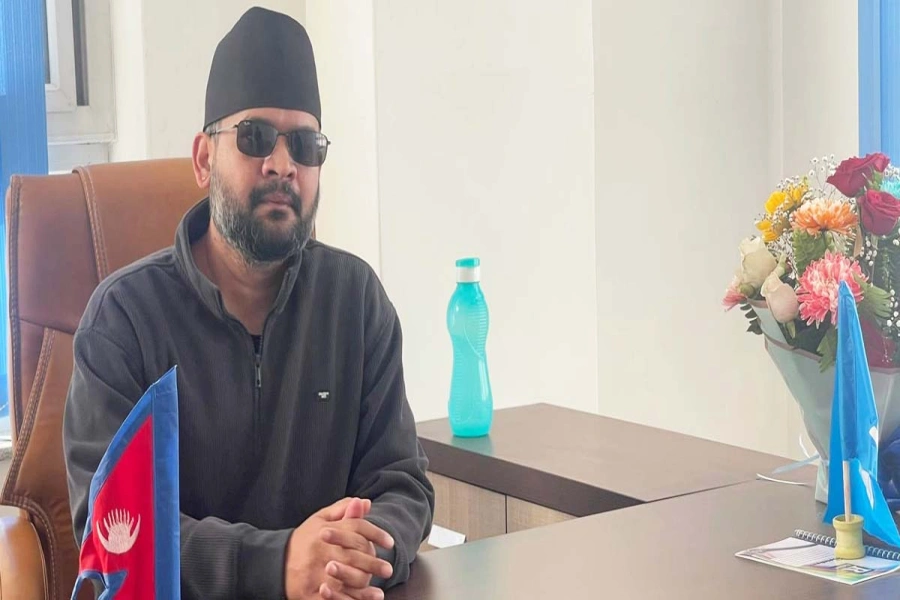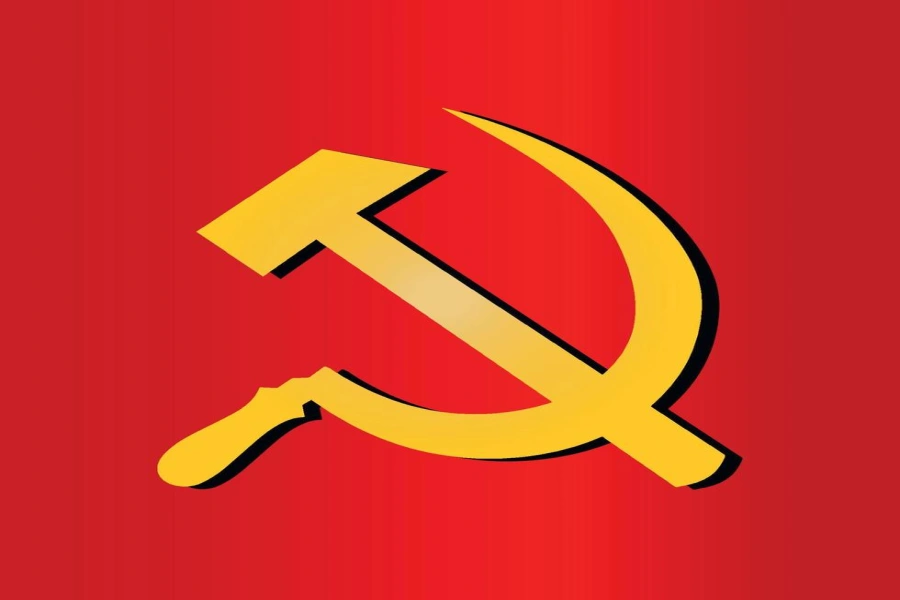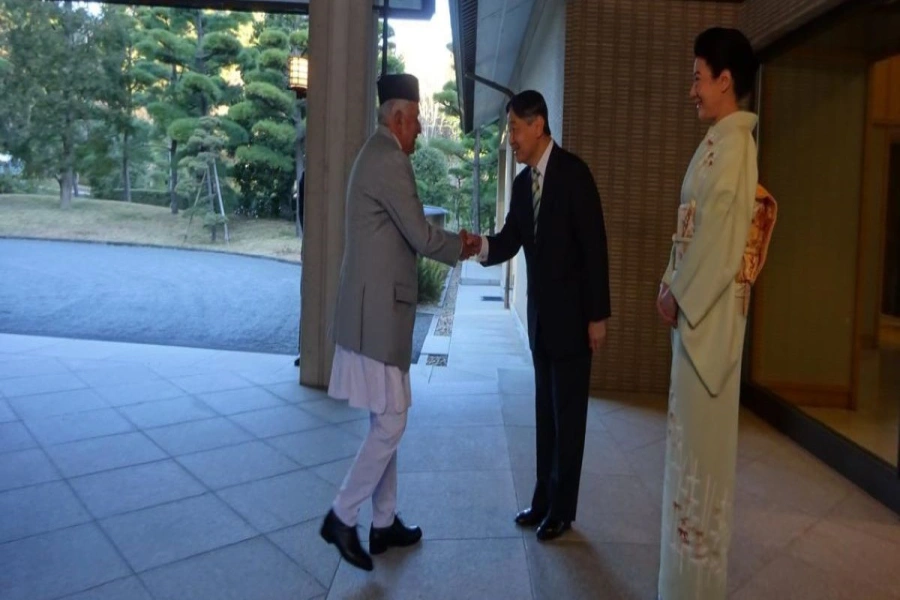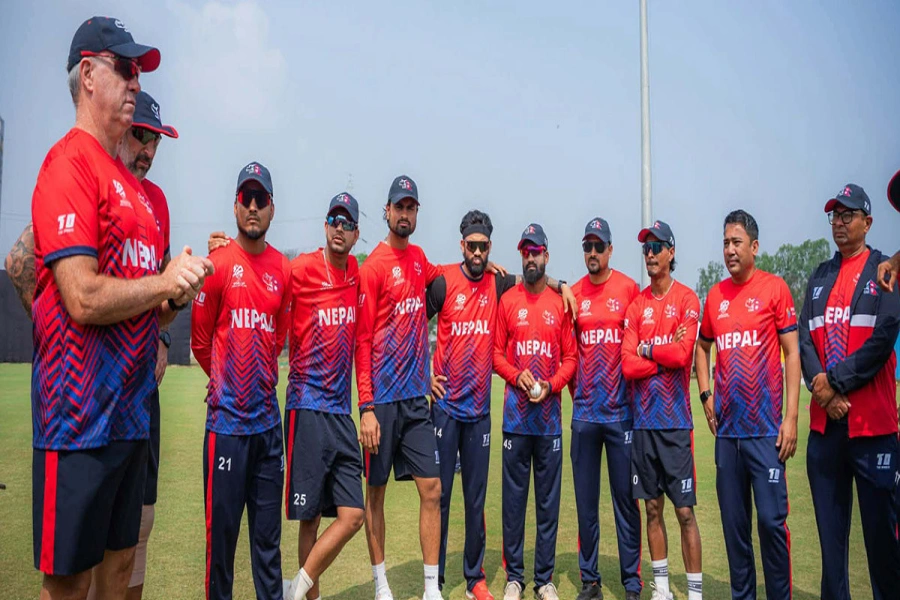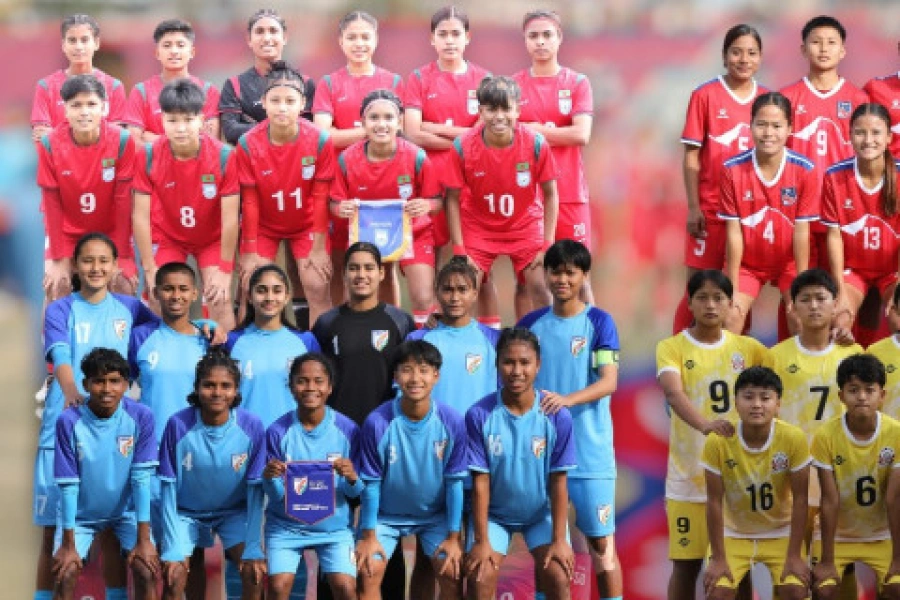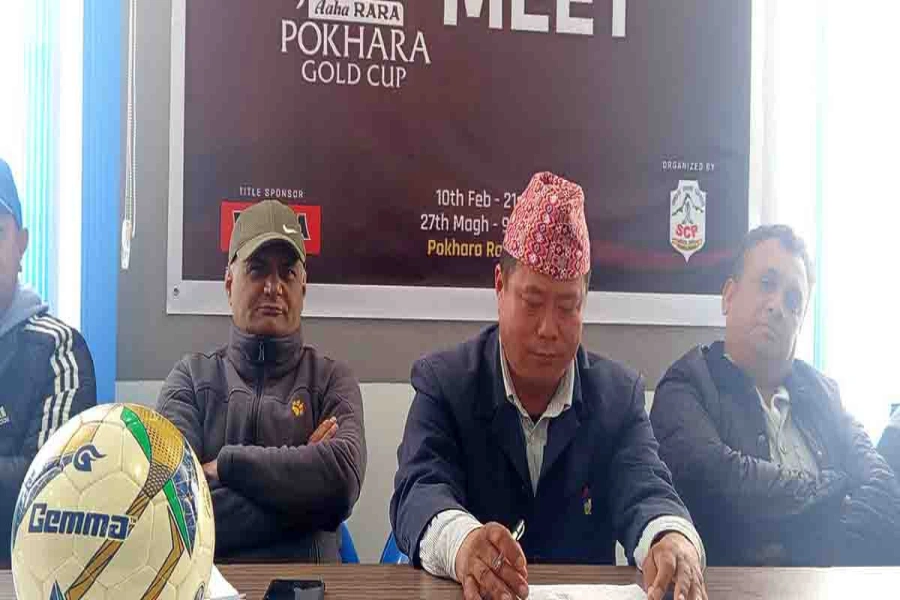Traffic in Kathmandu was thrown out of gear for hours on Friday, affecting thousands
KATHMANDU, Sept 13: Roshan Adhikari, 45, a health worker living in Kaushaltar, Bhaktapur, often travels to various places in the valley due to the nature of his work, which requires punctuality. However, the front-line worker was not able to reach his destination on time on Friday because of a protest rally by taxi drivers who parked their taxis on the road at noon, demanding that the government ban ride-sharing apps including Pathao and InDrive.
He was waiting for the slowed traffic to catch pace when the taxis completely stopped at Jadibuti, at 11:30 am. It took another two hours after the stoppage for the traffic to resume, but the protest continued. Finally, out of desperation, he took an alternative route, which delayed him by another hour.
Adhikari is simply a case at hand. On Friday, thousands of passengers looking to cross the ever-busy Koteshwar junction on the Araniko Highway faced similar difficulties due to the taxi drivers' protest against ride-sharing apps. The effect of the traffic blockade on a crucial junction reverberated throughout the valley in the form of traffic congestion. The traffic jam even forced emergency vehicles, such as ambulances and fire trucks, to come to a standstill.
The Taxing Side of Taxi Drivers’ Protest

The taxi owners claimed that their demonstration was prompted by the ride-sharing drivers' acts of forcing passengers into their vehicles and picking up offline passengers.
Adhikari considers this protest to be unjust. He himself occasionally uses ride-sharing apps and believes that services like Pathao and InDrive have not only made life much easier for the general public but also offered a cost-effective and convenient way to reach their destinations.
“The taxi drivers refuse to go by the meter, overcharge fares, and now they’re protesting against ride-sharing apps? Isn’t this protest just a demand for the right to exploit the general public?” he asked, adding, “They’re struggling because ride-sharing apps have made things harder for them. That’s why they’ve taken to the streets.” He argued that taxi drivers who block roads without a valid reason and cause hardship to the general public should face legal action.
According to officials at the Metropolitan Police Range Office (MPRO) in Bhaktapur, the rally was stopped at Jadibuti to prevent the taxis from entering a restricted area in Kathmandu.
“Although the taxi drivers were staging a peaceful rally, they had to be preemptively stopped from entering the strip of Araniko Highway in Kathmandu, where the section beyond New Baneshwar is recognized as a restricted zone for staging protests,” spokesperson for the MPRO, Deputy Superintendent of Police (DSP) Mohan Mani Adhikari told Republica, “Since the rally’s plan was not presented to the police beforehand, we had to assume that they would enter the restricted zone.”
DSP Adhikari added that personnel from the MPRO, in addition to traffic personnel, were dispatched to the site to diffuse the situation. “Some additional personnel were sent to the protest site to ensure the safety of the traffic officers on duty should there have been a violent reaction from the taxi drivers to the police’s disruption of the rally,” he told Republica.
Rajkumar Shrestha, president of Nepal National Meter Taxi Entrepreneurs and Drivers Service Society, clarified that the organization did not endorse the protest. While the Society represents taxi drivers, Shrestha stated they cannot be held accountable for every action taken by individual drivers.
He noted that some taxis involved in the protest were acting out of line and that their actions were not officially sanctioned by the Society. “We did not organize such a protest. Even if our name was mentioned, it was not a decision made by us,” Shrestha told Republica.
This is not the first demonstration of taxi drivers demanding a ban on ride-sharing apps. In August, a group of taxi drivers in Pokhara protested against the government's decision to allow ride-sharing apps to operate across the nation.





